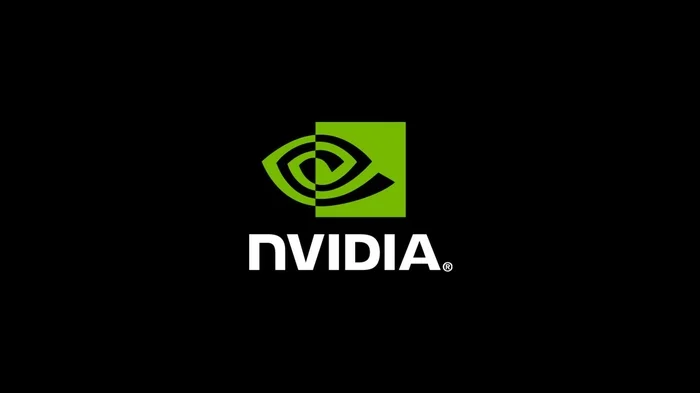Stanley Druckenmiller's recent portfolio shuffle has tongues wagging. Dumping Nvidia (NVDA) and Palantir (PLTR) – two AI darlings that have soared 1,400% and 2,300%, respectively, over the past three years – in favor of Eli Lilly (LLY) and Viking Therapeutics (VKTX) raises a critical question: Is this visionary foresight, or just a well-timed bet on the obesity drug boom?
The narrative is compelling: Druckenmiller, the legendary investor with a 30% average annual return over three decades, anticipates a shift in the market. He sees Nvidia's valuation as stretched (and Palantir's at a whopping 125x forward earnings) and is pivoting to the burgeoning weight loss drug market, projected to reach $95 billion by the end of the decade. Makes sense, right?
But let's peel back the layers. While the weight loss drug market presents a lucrative opportunity, Druckenmiller's exit from Nvidia might be less about visionary stock picking and more about navigating geopolitical headwinds.
Consider the timing. News broke on November 5, 2025, that Beijing is tightening regulations on foreign AI chips in state-funded data centers. Projects under 30% completion must ditch foreign chips, and advanced builds face case-by-case reviews. Furthermore, Washington reiterated its ban on exporting Nvidia's most advanced "Blackwell" chips to China "at this time."
Now, connect the dots. Druckenmiller sold his Nvidia shares in Q3 2024. While he cited valuation concerns, the looming China restrictions (which, admittedly, were probably not fully priced in that early) add another dimension to the decision. China, though a diminished market, remains strategic for Nvidia's data center products. These restrictions, if broadly applied, could further limit medium-term shipments and complicate any resumption of high-end sales.

And this is the part of the report that I find genuinely puzzling: Why would a seasoned investor like Druckenmiller ignore such a glaring geopolitical risk? The Bloomberg interview mentioned that he called Nvidia "a wonderful company," but considered the stock's valuation had significantly increased, and it was time to sell. Was that really the whole story? Billionaire Stanley Druckenmiller Dropped Nvidia and Palantir Stock and Is Piling into 2 Stocks Set to Win in One of the Decade's Hottest Growth Markets.
The weight loss drug market is undoubtedly hot. Eli Lilly reported a 54% increase in revenue in the recent quarter, thanks to its weight loss portfolio. Demand is outpacing supply, and even landed their drugs on the FDA's shortage list last year. Viking Therapeutics, while not yet in the market, boasts promising late-stage clinical trial results.
But here's the rub. Investing in Eli Lilly and Viking isn't just about chasing growth; it's about diversifying into a sector less vulnerable to geopolitical storms. Healthcare, particularly pharmaceuticals, tends to be more insulated from trade wars and export controls than cutting-edge AI chips.
Nvidia's CEO, Jensen Huang, maintains that the AI build-out is in its early innings and is "not a bubble." But even he can't deny the uncertainty surrounding China. The company's Q3 FY26 earnings report on November 19, 2025, will be closely watched for updates on China exposure, supply visibility, and data center demand.
The India Deep Tech Alliance, where Nvidia is providing technical guidance and policy input, offers a potential offset. With $850 million in new commitments to back local deep-tech startups, Nvidia is expanding its footprint in a priority market. But India, while promising, can't immediately replace the revenue lost from China restrictions.
Druckenmiller's move isn't necessarily a bet against AI. It's a bet for stability in an increasingly unstable world. He saw the writing on the wall – or at least, a draft of the memo – regarding China and Nvidia. The shift to weight loss drugs might be less about chasing the next big thing and more about seeking refuge in a sector with less geopolitical baggage. The AI boom isn't over, but it's facing headwinds. And sometimes, the smartest move is to simply get out of the way.